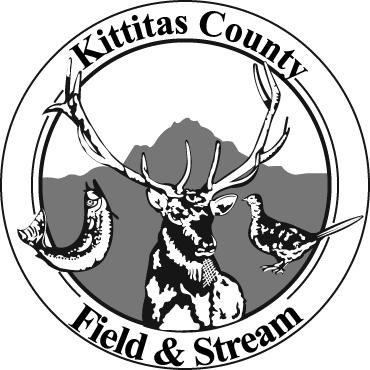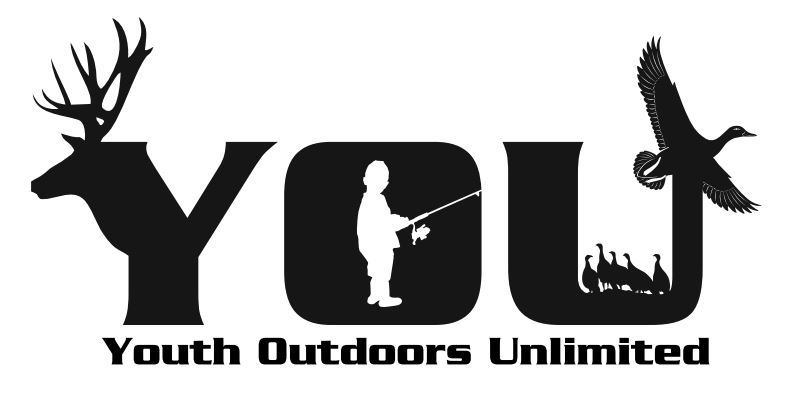As we sit in this first week of 2017, looking ahead, I’m excited about the future for our kids and those who come after them. Senator Warnick’s office has been drafting the bill for our Washington Children’s Outdoor Bill of Rights, and we are hoping that the bill can get through the State Senate and the House of Representatives by this spring.
This is important. We seem to be rising to the need for getting youngsters outdoors as a regular part of their lives. A number of us are excited about the dozens of new and recent “outdoor schools” being developed here in Paradise and across the state and nation. Many national hunting, fishing and camping organizations – Safari Club International, National Wildlife Federation, Audubon Society, Isaac Walton League, and dozens of others you will find with one Google search – have begun to fund efforts to get kids off electronic toys and into field and forest. The international Children and Nature Network seems to be making big strides across much of the world.
This movement is truly underway. Maybe we really will be able to reach enough youngsters to ensure that future generations will enjoy – and fight to keep – the outdoor heritage we have worked to preserve for them.
As is so often the case, however, while we work up front there are those at the backdoor working against us in subtle ways.
The Oxford Junior Dictionary has recently cut 50 words connected with nature and countryside. In response, 28 authors, including Margaret Atwood, Andrew Motion, Michael Morpurgo and Robert Macfarlane, called on the Oxford University Press to reverse its decision and, if necessary, publish a new edition of the 10,000 entry dictionary.
Homey Steve Douglas passed the following along, and I invite your thoughts. This is written by Doug Painter, editor-in-chief of the Boone & Crockett Club’s Fair Chase magazine. It appeared as his “From the Editor” column in the Winter, 2016, issue of Fair Chase, and was picked up by the online Sporting Classics Daily blog on December 6 (sportingclassicsdaily.com/afraid-to-go-outside).
“In one of his recent op-ed columns in the New York Times, Thomas Friedman noted that Robert Macfarlane, in his 2015 book, Landmarks, made the point that a recent edition of the Oxford Junior Dictionary (aimed at 7-year-olds) no longer includes words such as ‘fern,’ ‘otter,’ ‘dandelion,’ ‘pasture,’ and ‘willow.’ It’s not that these words have somehow acquired improper or politically incorrect connotations. Not at all. Instead, as Macfarlane reveals, the editors of the dictionary deemed that such ‘nature words’ were simply less relevant to the lives of modern children.
So, what words or terms took their place? How about ‘broadband,’ ‘blog,’ ‘cut and paste,’ ‘MP3 player,’ and ‘voice mail.’ I suppose you could call this an example of editorial Darwinism, a system where only the fittest of the vocabulary survive. In books, as in nature, I guess there’s room for only so many to make the cut.
“Remember when Mom used to tell us, ‘Now, go outside and play’? Sure, she wanted us out from underfoot, but she also knew that’s exactly where we wanted to be. Outdoors is where we could build a fort, dam up a small creek, and skip rocks across the pond. It was fun, but we also learned that moss-covered rocks in a stream are slippery as all heck and shiny, three-leaved plants can give you an awful itch.
“As we got older, we came to understand the care and responsibility involved in carrying a rifle in the field, of knowing both the written and unwritten rules of the hunt, and how to determine when to take—or not take—a shot. And, over time, we came to appreciate the value of an honest effort in the field, even when we came home empty-handed. Nature is a great teacher, and I feel sorry for youngsters who were never given the opportunity to hunt or fish or, for that matter, to strap on a backpack or canoe down a river for a few days.
“A recent column by James Campbell of the Los Angeles Times is a stark reminder of how little time many of today’s kids and, indeed, many of today’s adults spend outdoors. ‘As a boy,’ Campbell writes, ‘I wandered the woods and fields unsupervised from morning until dark. Today, many children spend less than 30 minutes per week playing outside and as many as seven hours a day glued to TV screens, iPads, and video games. Their parents are no better: Adults pass 93 percent of their lives inside buildings or vehicles.’
“Researchers, Campbell points out, say a growing number of Americans suffer from biophobia, a fear of the natural world. In children especially, a mere ‘flock of birds or a strong wind’ can provoke surges of anxiety, triggering the same fight-or-flight response that evolved to protect us from deadly threats.
“Not surprisingly, Campbell reaffirms evidence suggesting that time spent outdoors boosts kids’ self-esteem, problem-solving skills, cooperation, focus, and self-discipline.
“That’s a scary and sobering thought. Here’s another: In 50 years, will many of today’s 7-year-olds care? It’s up to us to help them understand why they should.”
This is important. Paraphrasing Jodi Larsen, Upper County Rotary: Children are the emissaries we send into a time we will never see – what do we want them to take along?




